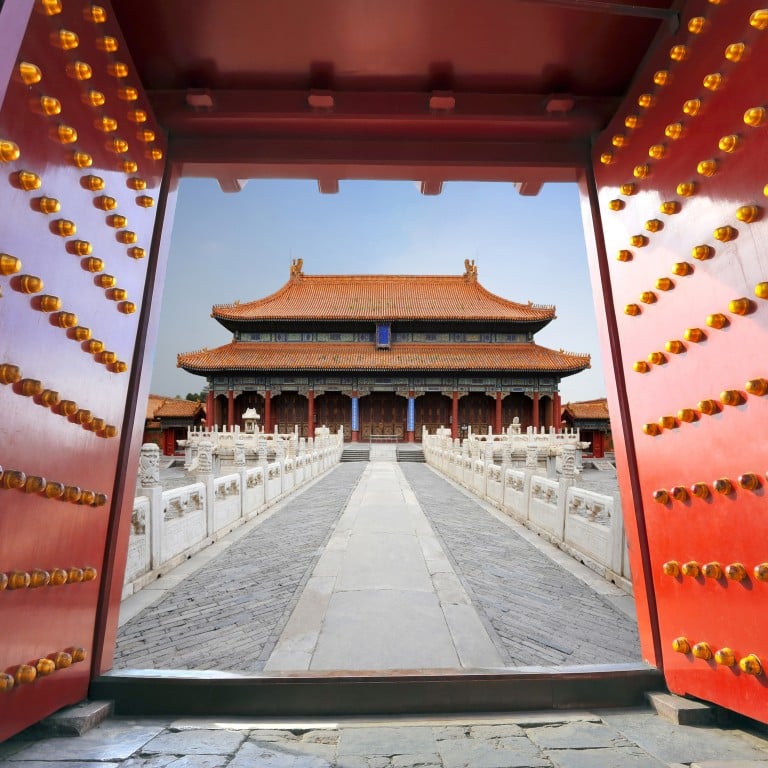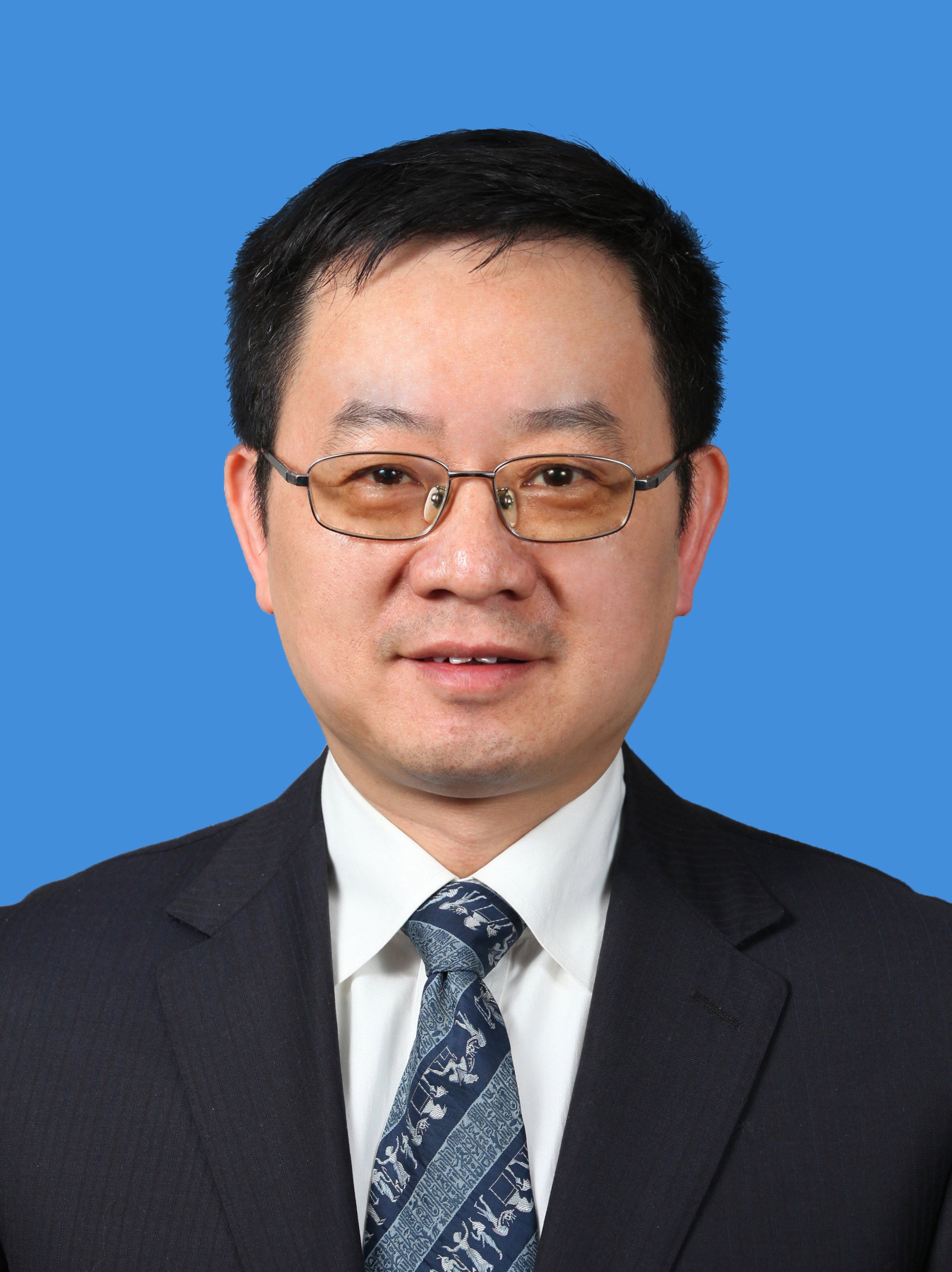
Qing dynasty expert Gao Xiang named head of China’s leading policy think tank
- Leading historian promoted as president of the Chinese Academy of Social Sciences, which helps to shape party ideology
- Gao Xiang is regarded as an expert on the country’s two last imperial dynasties who ruled from the 16th to the 19th centuries

Gao served under Shi’s predecessor – the veteran economist Xie Fuzhan who headed CASS from 2018 – as vice-president, before his promotion last year as the think tank’s deputy party secretary.
While a number of regional think tanks have emerged in China, CASS stands out for its role in shaping the ideology behind the party’s policy formulation. Its academics also keep close ties with the top echelons of the Chinese government.
The article argued that – contrary to widespread opinion – China’s feudal rulers from the 16th to the 19th centuries did not pursue a policy of complete isolation, but one of “self-restriction” designed to protect the national interest and sovereignty and ward off Western invasion and colonisation.
Gao and his colleagues concluded that voluntary restrictions on border openings made historical sense, despite contributing to China’s decline because its rulers refused to accept advanced Western technology and weaponry.
In a speech last May, Gao called for treating Qing dynasty history as a “Marxist” subject. Studies of history should always “serve the reality”, he said.
Gao graduated from Renmin University after majoring in Chinese history and is widely regarded as an expert in the research and teaching of the history of the Qing and Ming dynasties.
While his career has been largely focused in academia, Gao was propaganda chief for Fujian province from 2016 until December the following year, when he was appointed deputy director of what is now the Central Cyberspace Affairs Commission.
Beijing has attached greater significance to the studies of history from China’s last imperial dynasties, especially the Qing in recent years.
In 2019, another historian with CASS Zhou Qun argued in an article published by People’s Daily that it was vital to strengthen “leadership” over the topic because of its far-reaching impact on China’s contemporary history and governing philosophy.

